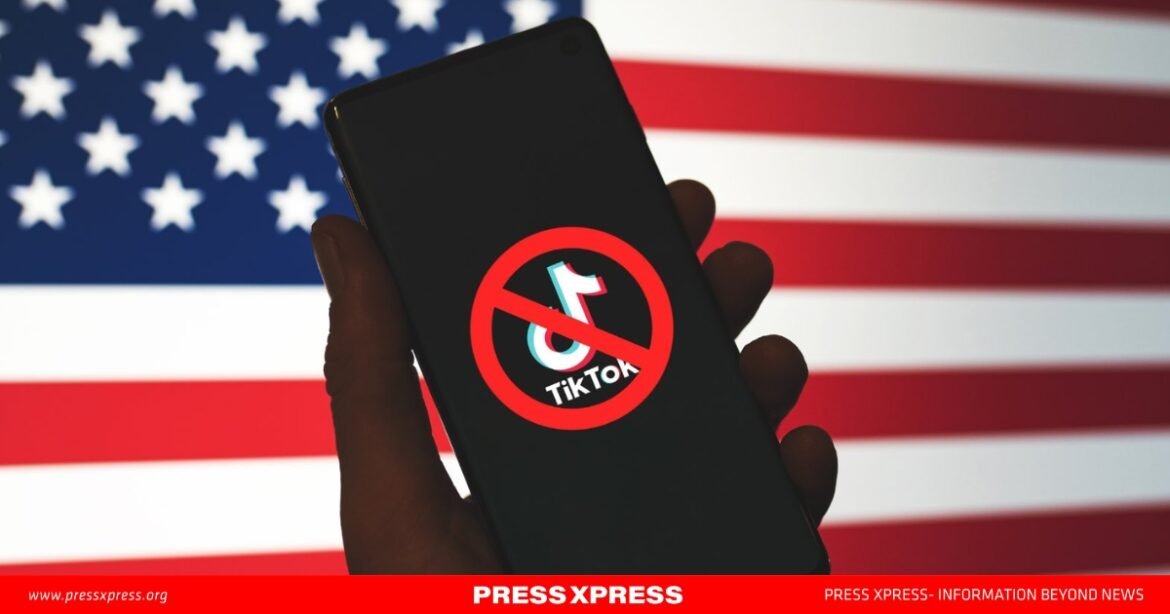The US Supreme Court has shown skepticism toward TikTok and its parent company ByteDance’s challenge to a law signed by President Joe Biden, which could result in the app’s sale or ban in the United States by January 19. With national security concerns cited due to its Chinese ownership, here’s what could unfold next.
What Happens to the App?
Starting January 19, new users will be unable to download TikTok from app stores, and existing users won’t receive updates. US lawmakers have already instructed Apple and Google to remove TikTok from their platforms by this deadline. Without updates, TikTok will eventually become unusable.
Additionally, Oracle, which hosts TikTok’s US user data, may face disruptions in its operations with the app. Neither Apple nor Oracle has commented on their plans, while Google has declined to respond.
How Will Users Be Affected?
TikTok’s 170 million US users may still access the app initially, but outdated software will make it less secure and functional over time. Some users are already sharing instructions on using VPNs to bypass the ban, though this may violate legal restrictions.
Content creators who rely on TikTok for business are bracing for impact. Nadya Okamoto, who has 4.1 million followers and founded the menstrual products brand August, highlighted the app’s role in her organic growth. “If TikTok goes away, we’ll be okay, but it’s going to be a hard hit,” she said.
What Happens to TikTok’s Employees?
TikTok employs around 7,000 people in the US, many of whom are uncertain about their future. After an appeals court upheld the sell-or-ban law in December, concerns about layoffs began circulating among employees.
Despite this, TikTok has continued hiring, leading to confusion among job seekers. Some new hires are proceeding with caution, opting to wait and see how the situation develops.
How Will Advertisers React?
TikTok’s US ad revenue is projected to hit $12.3 billion in 2024, but uncertainty looms. Advertisers value TikTok’s highly engaged user base, and many plan to continue campaigns beyond the ban date.
Craig Atkinson, CEO of digital agency Code3, noted that the app’s e-commerce feature, TikTok Shop, has no direct competitor, making it an essential platform for many brands. While some advertisers may pull back if user engagement drops, others are prepared to adapt to the shifting landscape.
Are There Potential Buyers?
TikTok insists it cannot be sold, but billionaire Frank McCourt has assembled $20 billion in verbal commitments to bid for the app. McCourt is optimistic that the Supreme Court will enforce the divestment law, compelling ByteDance to consider a sale.
McCourt has reportedly had preliminary discussions with members of the incoming Trump administration and plans to revamp TikTok with open-source technology and expanded e-commerce capabilities.
The Road Ahead
As January 19 approaches, TikTok faces a critical crossroads. Whether through a ban, divestment, or prolonged legal battles, the app’s future in the US remains uncertain. For users, employees, and advertisers, the next chapter could reshape the digital landscape.


